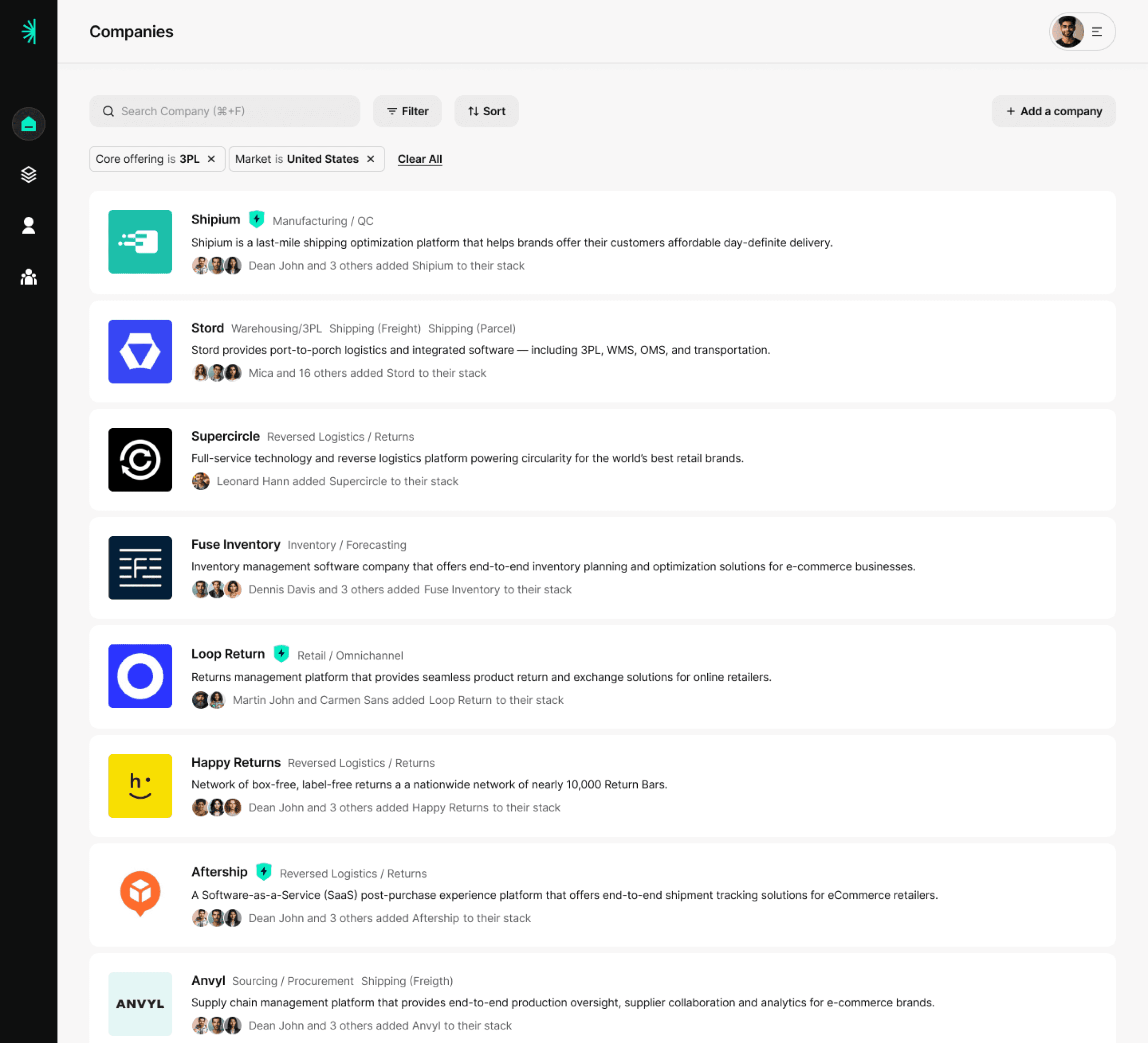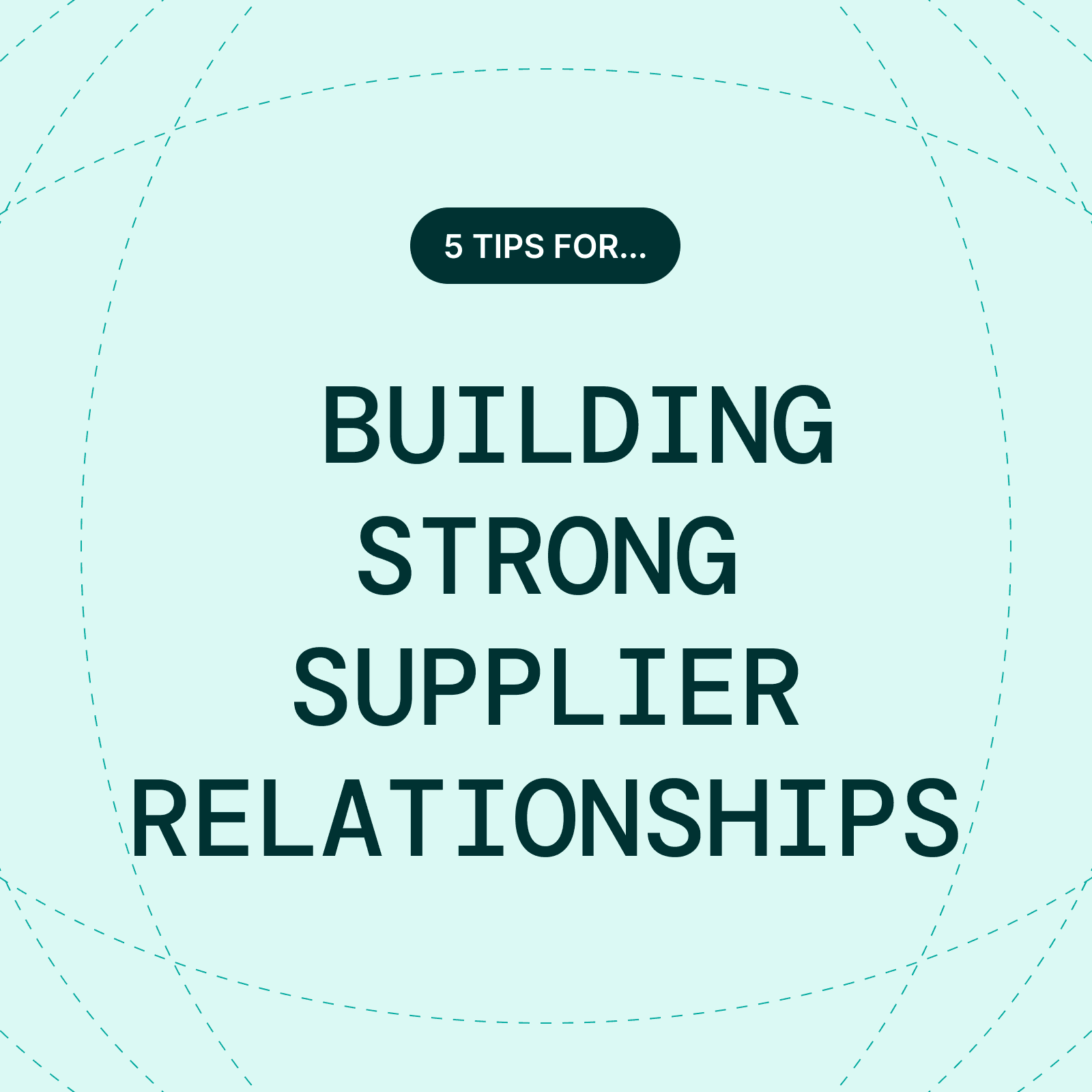I always emphasize the importance of selling your company's vision to suppliers, especially for startups. It's not just about transactions; it's about building excitement for your company's potential.
Jeff Ludwin
TLDR:
The right way to approach supplier relationships is nuanced and sometimes counter-intuitive. In this post, Jeff Ludwin breaks down his top learnings from nearly 20 years of experience.
Brands pay their suppliers, not the other way around. So it's tempting to think that you're a supplier's boss.
But the reality is that — unless your brand is very big, or your supplier is very small — you don't have absolute leverage, and the relationship is a 2-way partnership (no matter which way the money is flowing).
Building partnerships the right way is nuanced and sometimes counter-intuitive. Jeff Ludwin knows this from 18+ years of running some of the most demanding supply chains in the world. (See our full profile of Jeff here.)
Here are 5 of his tips for how you can build great bilateral relationships with your suppliers:
1️⃣ View yourself as a marketer to suppliers
I always emphasize the importance of selling your company's vision to suppliers, especially for startups. It's not just about transactions; it's about building excitement for your company's potential.
2️⃣ Meet up in in person
Despite advances in telecommunications, I've found that face-to-face interactions are crucial for building trust and understanding. These visits offer invaluable insights into a supplier's operations and strengthen relationships.
3️⃣ Not everyone is a long-term partner
I've learned that it's okay if not every supplier relationship is long-term. In fact, about two-thirds of supplier relationships tend to be short-term or transactional. Recognizing this allows you to focus on building strong, strategic ties with the right partners.
4️⃣ Understand your supplier's business
I’ve discovered it’s crucial to invest time in understanding your supplier’s operations. This goes beyond just knowing the products and services you’re sourcing; it involves gaining insights into their challenges and constraints. By acknowledging their limitations and working collaboratively within them, you strengthen the partnership.
[Jeff once went so far as to go harpoon-fishing for swordfish while running a seafood supply chain — check out his other stories here.]
5️⃣ Negotiate fairly
I have always strived to negotiate fairly; fair negotiations build trust, strengthen relationships, and promote collaboration. This approach brings additional benefits such as increased supplier loyalty, greater flexibility, and an openness to innovation. Exploiting a favorable position to take advantage of a supplier never benefits anyone in the long run.
Did you find these tips useful? Follow Jeff on LinkedIn to learn more from him. And subscribe to the StartOps newsletter to catch future articles like this one.


